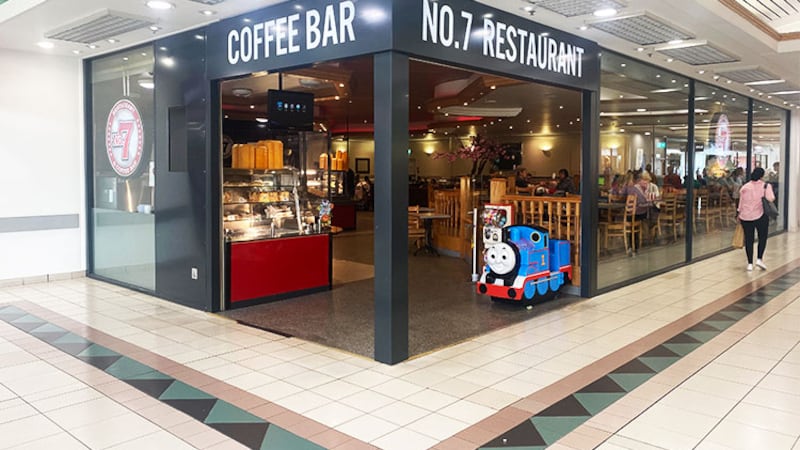FOLLOWING the articles in The Irish News (September 17, 18) regarding staffing levels and costs at the Health and Social Care Board (HSCB) I thought it would be useful to provide some additional context and reassurance to readers. I have always believed throughout my career in the public services that it is essential for any public body, including the Health and Social Care Board, to demonstrate value for money and to spend scarce and finite resources in the most appropriate and effective way. As chief executive of the Health and Social Care Board, I am firmly committed, as are my colleagues, to continually reviewing how we do business to ensure we are commissioning health and social care services and managing the wider system in the best way we can.
Since taking up the post in July, I have been struck by the professionalism of all health and social care staff who make a real difference to people's lives day in day out. But I am also aware that there is always room to do more and to deliver services differently. The Health and Social Care Board is subject to rigorous scrutiny by a range of authorities including the health minister, Department of Health, Health Committee, Northern Ireland Audit Office as well as the media. Such public scrutiny is healthy and helps us deliver our services better.
I understand that there may be some concern that staffing levels within the board have risen. It is useful to explain the reasons behind some of these increases. A significant number of the additional posts are temporary contracts to assist with the delivery of major change which is essential in ensuring we can deliver an effective health and social care service in the future given the significant financial pressures; a growing ageing population and a rise in demand for services. For example, a number of additional staff on temporary contracts, including clinical staff, GPs, pharmacists etc, are playing a key role in supporting the newly established 17 Integrated Care Partnerships (ICPs). They are helping to transform how care is delivered locally. The ICPs are groups of care providers, bringing together doctors, nurses, pharmacists, social workers, hospital specialists, other healthcare professionals and the voluntary and community sectors, as well as service users and carers. They design and coordinate local health and social care services and enhance and streamline a patient's or client's journey through an often complex system.
Also, in the last five years the board has also taken on a range of additional functions which required additional resources. These include operational financial control for all HSC trusts and primary care, management of the Serious Adverse Incidents procedure and the operation of the pharmacy efficiency programme which has released money for direct patient care.
The Health and Social Care Board was set up in 2009 and replaced the four area boards. On establishment, the total cost of the board's management and administration budget was reduced by over 20 per cent and it has lived within its running costs every year. The restructuring has resulted in more efficient commissioning of health and social care services for the 1.8 million people of Northern Ireland.
It also led to a reduction of senior management posts in particular. That said, I am committed to keep the spend and delivery of the board functions under continual review. The public expects and deserves no less.
VALERIE WATTS
Chief Executive, Health and Social Care Board, Belfast







